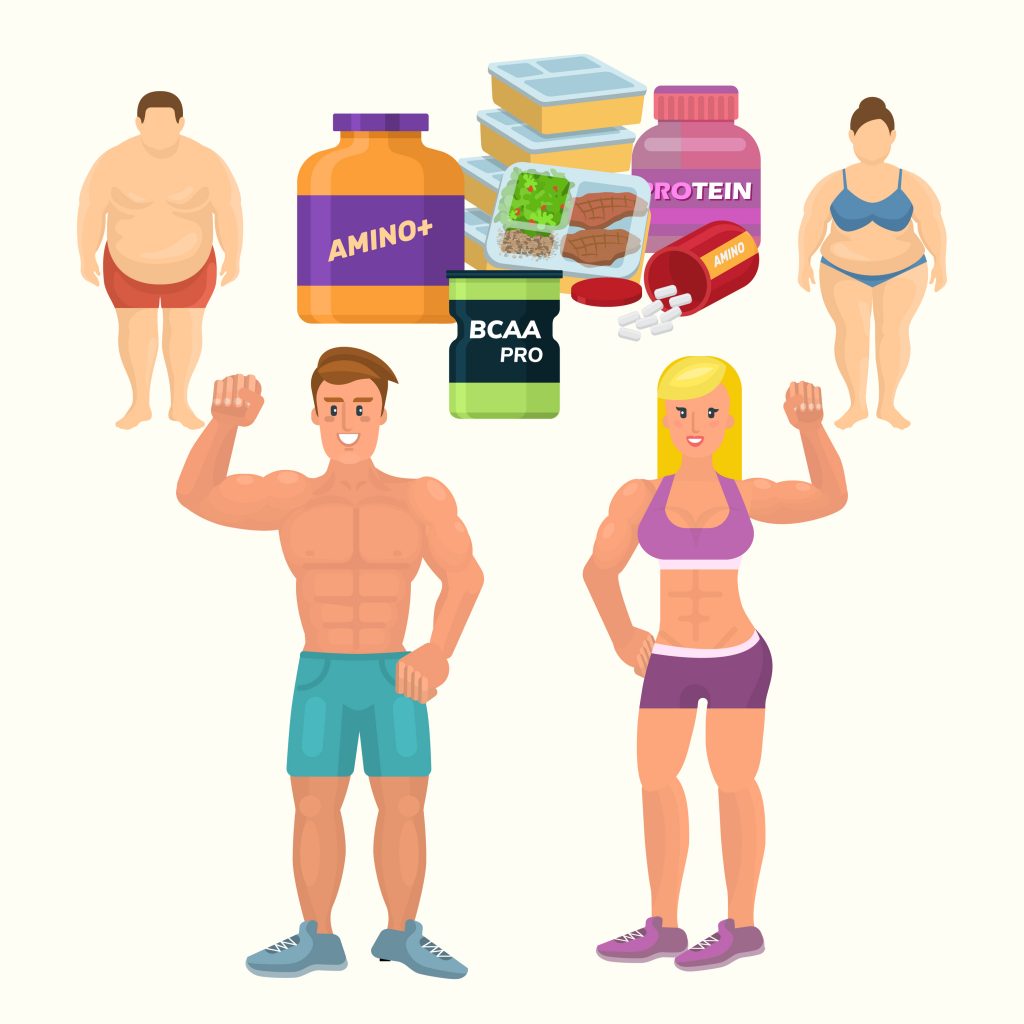What to Eat Before and After a Workout

You already know that diet and exercise both play critical roles in your overall health, but did you know that what you eat immediately before and after working out is important as well?
Peri-workout nutrition — defined as what a person consumes before, during, and after exercising — serves as the body’s fuel and can optimize its performance and recovery. No, we aren’t referring to pre-workout shakes or supplements. While there are an abundance of those specifically marketed as being optimal for pre- and post-workout, many of them contain additives that do more harm than good, including saturated fat and sugar.
Instead, we’re talking about whole, unprocessed foods, many of which are likely already central parts of your diet. You’re making the commitment to work out regularly and make good food choices, so why not take one step further and put those pre- and post-workout meals to work for you? Here are good, wholesome foods that you should eat before and after a workout:
Pre-Workout Fuel
You wouldn’t intentionally go for a long drive if your vehicle was running on empty, right? That’s exactly what working out without eating something nourishing beforehand is like, according to Riska Platt, M.S., R.D., a nutrition consultant at the Cardiac Rehabilitation Center at Mt. Sinai Medical Center.
It may seem counterintuitive to eat prior to exercising, but not eating enough — or not choosing the right foods — before a workout does you a disservice. Without properly fueling your body, you can easily become dizzy, nauseated, or fatigued. In turn, this can hinder your body’s ability to effectively burn calories and can compromise your form, making you more prone to injury.
You Are What You Eat
Pre-workout foods should be high in protein, especially for workouts that include weight or strength training. These types of exercises cause micro-tears in the muscle fibers, and as the body naturally repairs itself, the muscles heal up stronger and bigger than they were previously. Protein is a key player in repairing the damaged muscle fiber, which is why it’s essential in pre-workout meals.
Not all protein is created equal, so opt for foods that are not only high in fiber but also easily digested. A handful of mixed nuts or berries, a couple of spoonfuls of nut butter, plain Greek yogurt or cottage cheese, a hard-boiled egg, or a couple slices of turkey are all excellent choices. Green smoothies are also great pre-workout fuel, plus you get in lots of veggies for the day. Include a handful of spinach or kale, an avocado, cucumber or celery, a cup of almond or coconut milk, and a cup of your favorite berries.
Timing Is Everything
You don’t want your meal to still be settling when you start your workout, but you also want to time it just right so that you haven’t burned up those valuable calories by then. Depending on the size of the meal and the intensity of your training, aim to eat anywhere from 30 minutes to three hours before working out.
Post-Workout Recovery
Eating after a workout should be about replenishment. During intense physical activity, you burn a substantial number of calories (hopefully!), lose electrolytes through sweat, and deplete stores of glycogen, which the body converts to energy.
Post-workout foods should replace those calories and electrolytes, restore energy, and aid in speedy muscle recovery — a big task. However, power foods such as nuts and nut butters, eggs, berries, salmon, tofu, leafy green vegetables, and Greek yogurt are up for the challenge.
You may not feel like eating after exercising, but it’s essential to refuel your body to help it recover. Even if you can’t stomach a full meal, have a small snack shortly after your workout. Keep it simple, focusing on nutrient-dense combos like berries or a scoop of nut butter mixed into Greek yogurt, an omelet with spinach, or pre-prepped grilled chicken with roasted veggies.
Drink Up
Food is important pre- and post-workout, but water is arguably even more important. In fact, drinking water is also critical while exercising, especially during particularly intense sessions. You don’t want to get too full, so take small, frequent sips whenever possible, starting about 30 minutes before your workout. The amount you should drink varies based on your specific physiology and the type and intensity of your workout, but a good rule of thumb is roughly one cup of water for every 30 minutes of exercise.Remember that everyone’s needs are different and change over time. That’s why at NuBody Modern Weight Management in Gold River, CA, we don’t take a one-size-fits-all approach. We start with a personal consultation with each client, then create a custom whole-food nutrition plan that complements regular bio-frequency sessions. Nothing unnatural will be introduced to your body! Contact us today to schedule your consultation. We look forward to meeting you!
